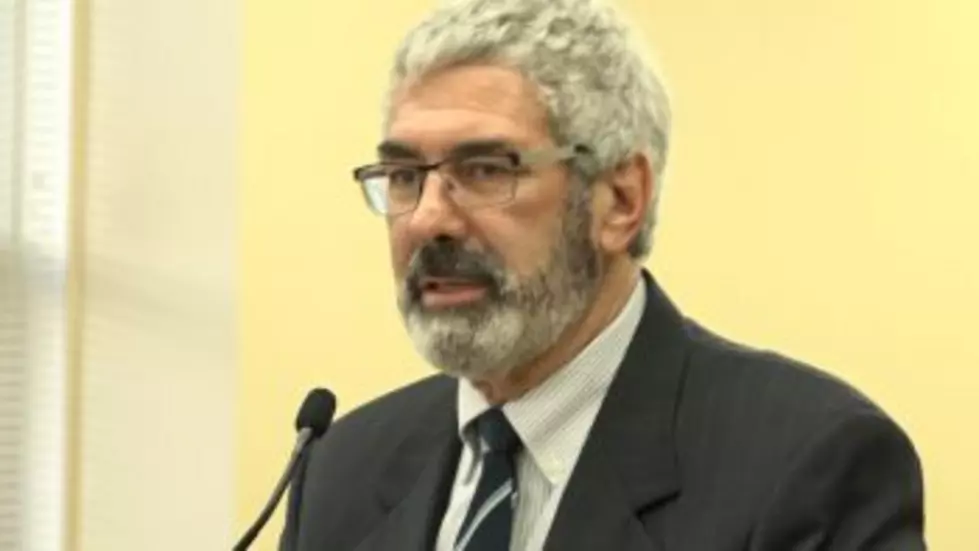
Chief Justice: ‘There has been no misuse of state resources’
HELENA - (Daily Montanan) Montana Supreme Court Justice Mike McGrath responded to follow-up questions from two of the Republican leaders who sit on a special select joint committee of the Legislature, which is investigating bias in the judiciary and the use of email for lobbying.
McGrath addressed the issues surrounding the inquiry head on in a letter sent on Friday, a day after lawmakers had adjourned the 67th session.
In the letter, addressed to Sen. Greg Hertz, R-Polson and Rep. Sue Vinton, R-Lockwood, McGrath said that lawmakers may have not made the distinction in law and administrative rule that treats members of the judicial branch and their lobbying efforts differently.
McGrath pointed out that elected public officials, including the governor, lieutenant governor, district judges and the Supreme Court justices are exempted from any lobbyist activities “while acting in their official capacity … to promote or oppose the introduction or enactment of legislation,” he said, quoting the Administrative Rules and Procedures of Montana.
Indeed, Lt. Gov. Kristen Juras lobbied on behalf of the executive branch for several bills during the legislative session.
“It has long been the accepted practice that state and local elected officials and respective staff members talk to legislators to support or oppose legislation while acting in their official capacities,” McGrath wrote. “As to the ‘lobbying’ activities of the court administrator, her direct contact with legislators is almost entirely related to budget administration, and therefore exempt.”
McGrath also pointed out that court officials use the email system constantly to discuss cases and motions pending before the court.
“Note that misuse of email includes use for ‘nonprofit’ or public, professional or service organization activities that aren’t related to an employee’s job duties,’” he said. “Emails that address legislative participation are clearly related to our duties and responsibilities regarding public policy.
“The branch has an obligation to inform the Legislature as to how proposed legislation affects branch operations. There has been no misuse of state resources.”
McGrath also addressed Court Administrator Beth McLaughlin’s position. Lawmakers have argued that the justices must recuse themselves from deciding issues related to her legal filings because they work with her.
“The position of court administrator is autonomous, much like that of a department director in the Executive Branch,” McGrath wrote. “Many of the position’s duties are set out in statute or rule, and decisions related to day-to-day activities are made by the court administrator.”
McGrath also said the Montana Judges Association, which has come under fire for lobbying, will give more authority to its legislative committee “and discontinue polling the full membership for authorization on legislative positions.”
“Justices do not take positions, nor do we meet or confer on matters pending before the Legislature,” he said, closing, “Finally, as with most people, I sometimes wonder why I receive as many emails as I do. Most likely, I am copied on some of the emails you are referring to as a matter of courtesy.”
